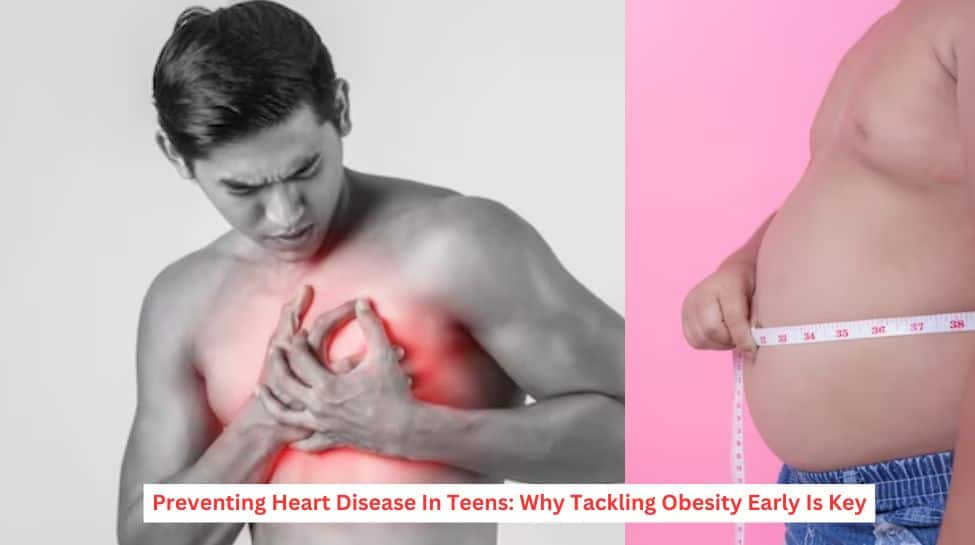Adolescent obesity often comes with some health issues, such as heart disease. Conditions include insulin resistance, dyslipidemia, and hypertension which are brought on by excess body fat and are risk factors for cardiovascular disease. Early intervention is necessary as obese adolescents are more likely to carry these risk factors into adulthood. According to the World Health Organization, less than 1% of children and adolescents aged 5 to 19 were obese in 1975, and more than 124 million (6% of girls and 8% of boys) were obese by 2016.
Dr. Tanmai Yermal (Jain), Consultant – Cardiology, Manipal Hospital, Kharadi, Pune shares why it’s important to tackle obesity to prevent heart disease in teens and what need to be done.
Healthy Diet: Maintaining a healthy diet is one of the main tactics for preventing adolescent obesity. It is important to reduce the intake of sugary beverages and high-fat, high-sugar snacks while increasing the consumption of fruits, vegetables, whole grains, and lean proteins. The inclusion of nutrition education and the effects of dietary decisions on health in educational programs and community initiatives is important.
Regular Exercise: Reducing the risk of heart disease and keeping a healthy weight are made possible by physical activity. Adolescents should exercise moderately to vigorously for at least 60 minutes per day. Parents can encourage this by offering chances for physical activity through sports programs, physical education classes, and active transportation efforts like riding a bike or walking to school.
Cognitive-behavioral therapy (CBT): To fight obesity, behavioral interventions—in particular, cognitive-behavioral therapy, or CBT—are important. CBT focuses on recognizing and changing negative thought patterns and behaviors connected to food and exercise, and it is beneficial in helping teenagers create healthier eating habits and improve physical activity. Since family support is important for creating a good home environment, involving family members in these treatments can increase their success.
Surgery Options: When all previous attempts at weight loss have failed, surgery can become imperative for those suffering from extreme obesity. Bariatric surgery, encompassing treatments like adjustable gastric banding, sleeve gastrectomy, and gastric bypass, can improve obesity-related diseases like type 2 diabetes, hypertension, and obstructive sleep apnea, as well as drastically reduce body weight.
Important to seek medical help
Doctors play an important role in early intervention by regularly assessing teenagers’ weight and cardiovascular health. Routine screening for obesity-related risk factors, such as blood pressure and cholesterol levels, can help in the early detection of high-risk patients.

